As we age, we can experience these retina-related symptoms and more that affect our ability to see clearly. Depending on the particular retina issue, treatment can help significantly, and may even prevent vision loss. It is important to see trained retina specialists if you experience certain retina disease symptoms.

The retina is the nerve-rich, light-sensing area at the back of the eye. The retina is an amazingly complex structure that is layered with neurons and intertwined synapses. The retina has many parts, but its primary job is to sense light and, with the help of the optic nerve, send signals to the brain so you can see.
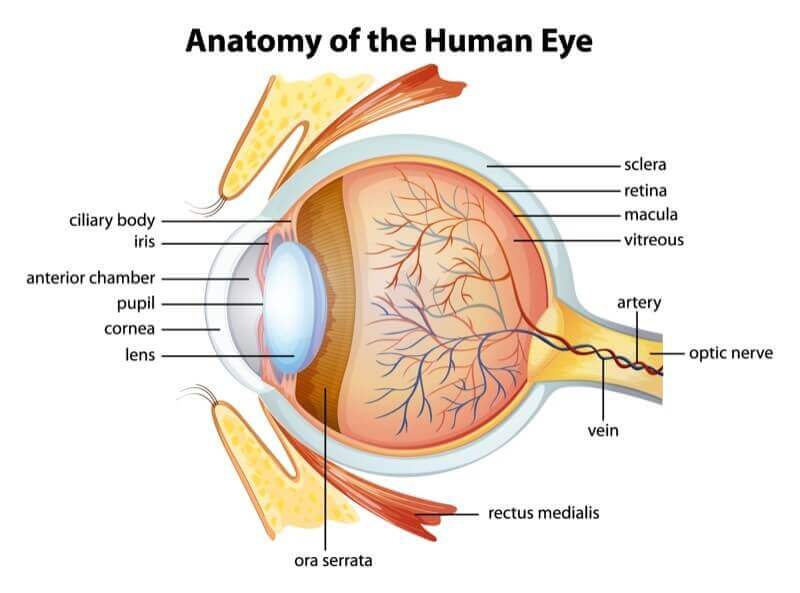
The retina is made up of several parts. The macula is a small but important area found in the center of the retina. You need the macula to clearly see details of objects in front of you, like faces and written text.
There are a number of eye problems that can affect the macula, and can lead to vision loss if not treated. You are more likely to have retina problems if you are moderately or severely nearsighted, have had any type of trauma to the eye or have a family history of retina problems.
Click here to access our full library of patient educational videos on common retinal conditions and the benefits of procedures and treatment options offered at Mann Eye Institute.
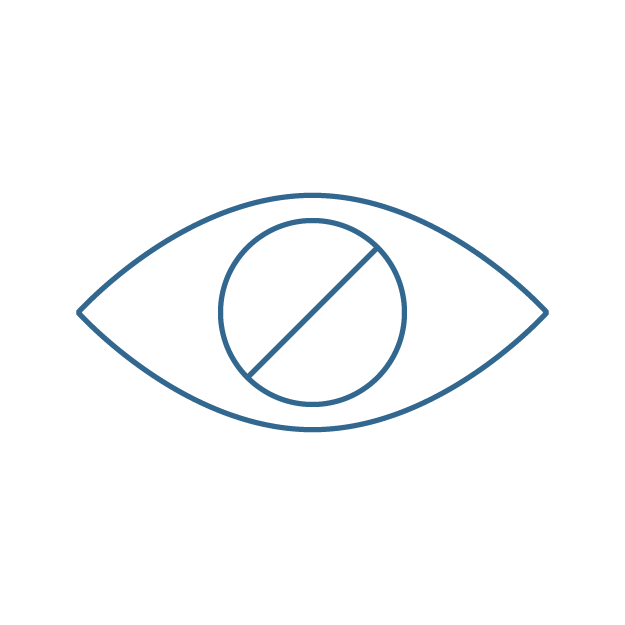
Diabetic retinopathy is the most common microvascular complication among people with diabetes and results in more than 10,000 new cases of blindness each year.
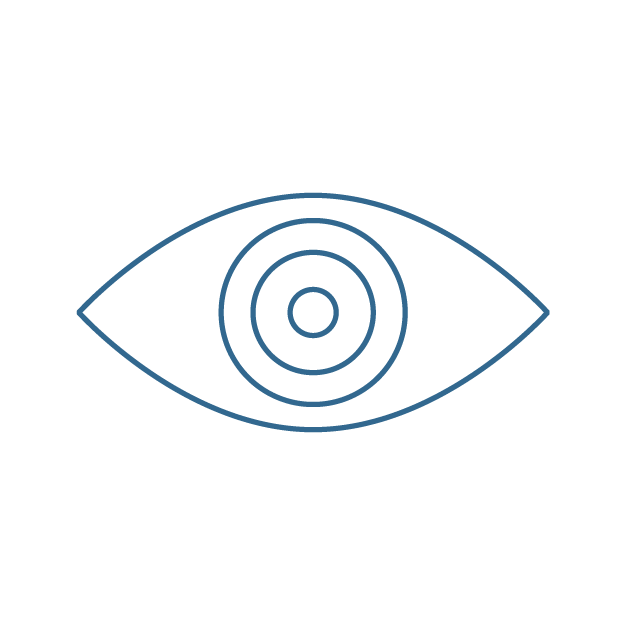
Macular degeneration (AMD) is an age-related eye disease that tends to run in families. It results in central vision loss and is the leading cause of blindness in people aged 65 and older. It occurs when the small, central part of the retina, called the macula, deteriorates.

A retinal tear is a small break in the lining of the retina. Retinal detachment occurs when the retina lifts away from the back of the eye, making vision blurry. A detached retina is a serious problem and requires the intervention of a trained ophthalmologist.
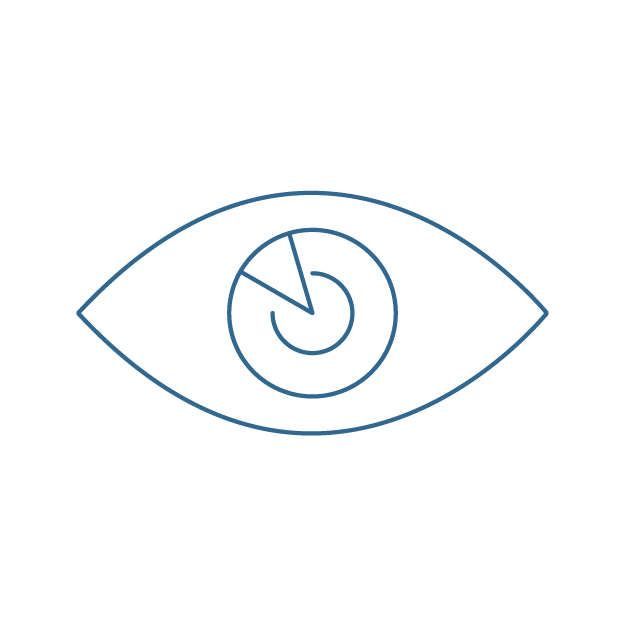
Flashes are like flashing lights or streaks in your field of vision that occur because the vitreous rubs or pulls on your retina. Floaters are more like small specks, spots, lines or cobwebs in your field of vision. While they seem to be in front of your eye, they are actually floating inside.
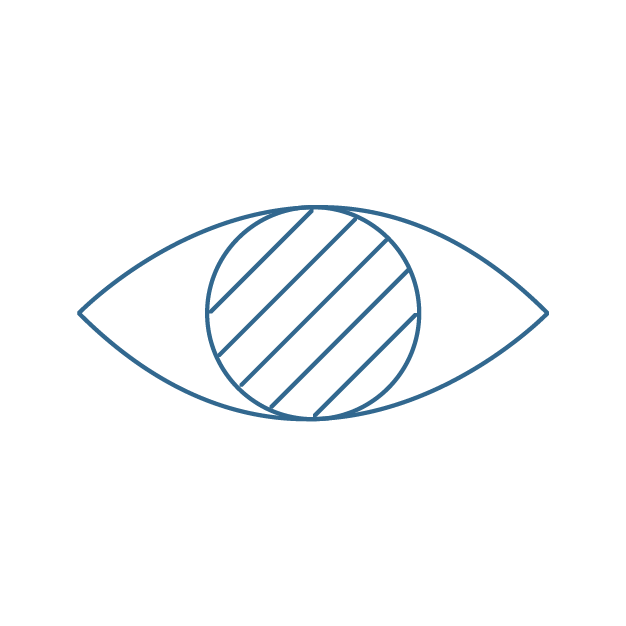
Retinal vein occlusion is a blockage of the small veins that carry blood away from the retina. Retinal artery occlusion refers to blockage of the retinal artery carrying oxygen to the nerve cells in the retina.
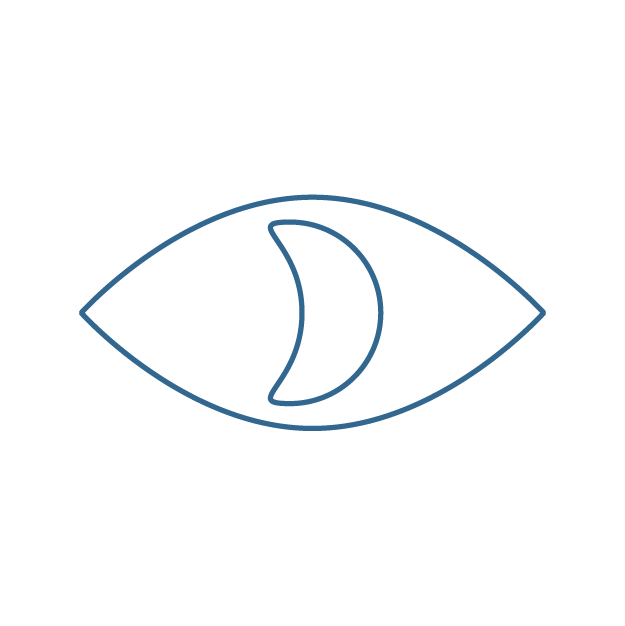
Retinal vein occlusion is a blockage of the small veins that carry blood away from the retina. Retinal artery occlusion refers to blockage of the retinal artery carrying oxygen to the nerve cells in the retina.
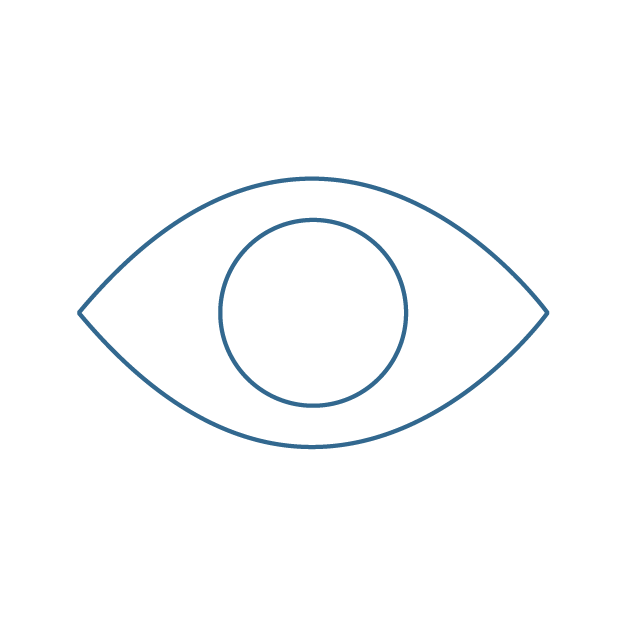
Lattice degeneration is a condition where there are areas of abnormal thinning in the peripheral retina.
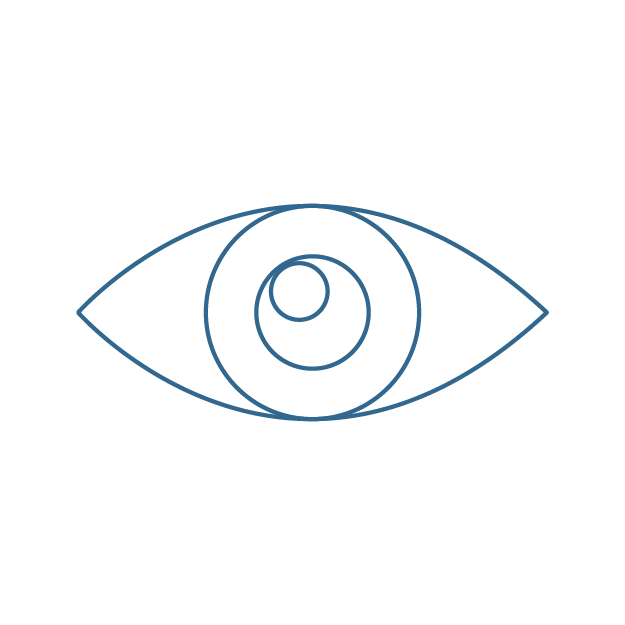
Also commonly called cellophane maculopathy or macular pucker, ERMs are tiny membranes that form on the inner surface of the retina. In rare cases, they can result in painless loss of vision and visual distortion.
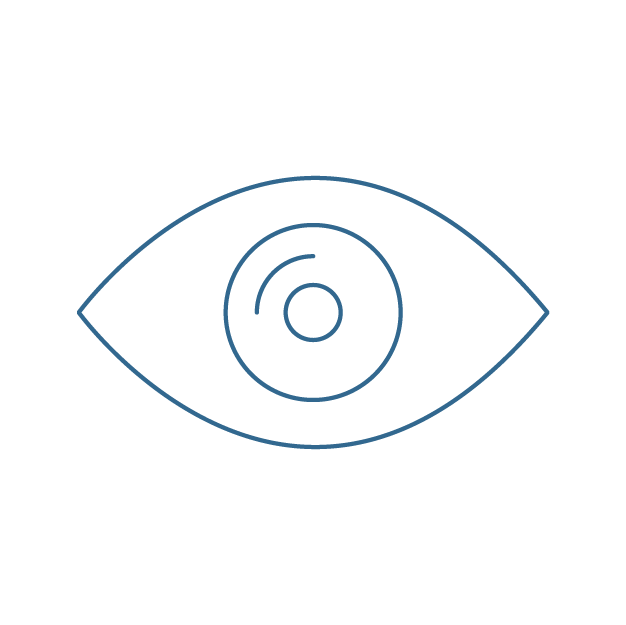
A macular hole is a defect in the very center of the retina and can cause your central vision to have a dark spot, be blurry or distorted.

Macular edema is when fluid accumulates in the layers of the macula, which is the part of the retina that helps us see fine detail, faraway objects and color.

Uveitis is inflammation inside your eye. Inflammation usually happens when your immune system is fighting an infection.

Dr. Amir Mohsenin
Board Certified Ophthalmologist and Retina Disease Specialist at Mann Eye Institute

Dr. Andreas Gonzalez
Board Certified Ophthalmologist and Retina Disease Specialist at Mann Eye Institute
The Mann Eye Institute is a leading eye care facility with seventeen locations in Humble, West Humble, Houston, Central Austin, North Austin, Sugar Land, Katy, Spring, The Woodlands, Livingston, Bay City, Pearland, Baytown, Tomball and Cleveland, Texas. With various locations in the Houston and Austin areas we can provide the full continuum of care, including; designer eyewear and eye care needs, LASIK eye surgery, cataract surgery, premium lens implants and dry eye treatment options. If you are seeking expert eye doctors in Texas contact us today!
Copperfield Office
6860 Highway 6 North, Ste. A
Houston, TX 77084
(281) 500-9605
Pearland Office
10223 Broadway St., Ste. J
Pearland, TX 77584
(281) 971-9332
Spring Office
2616 FM 2920 Ste. I
Spring, TX 77388
(281) 353-8300
Tomball Office
14079 FM 2920
Tomball, TX 77377
(346) 701-4029
Katy Office
750 Westgreen Blvd.
Katy, TX 77450
(281) 392-3937
Humble - Deerbrook Office
9802 FM 1960 W, Ste. 110
Humble, Texas 77338
(281) 446-9333
Sugar Land Office
6424 E. Riverpark Dr.
Sugar Land, TX 77479
(713) 580-2525
Humble - S. Memorial Office
18850 S. Memorial Blvd.
Humble, TX 77338
(281) 446-7900
Livingston Office
1601 US-59 Loop North, Ste. 100
Livingston, Texas 77351
(936) 327-3937
Cleveland Office
429 West Southline
Cleveland, TX 77327
(281) 592-4343
Bay City Office
3612 Avenue F
Bay City, TX 77414
(979) 244-1450
Baytown Office
4750 East Freeway
Baytown, TX 77521
(281) 421-2020
South Austin Office
2600 Via Fortuna, Ste. 400
Austin, TX 78746
(512) 327-4123
North Austin Office
4314 W. Braker Lane Ste. 215
Austin, TX 78759
(512) 200-3937
Sun City Office
1530 Sun City Blvd., Ste. 150
Georgetown, TX 78633
(512) 327-3792